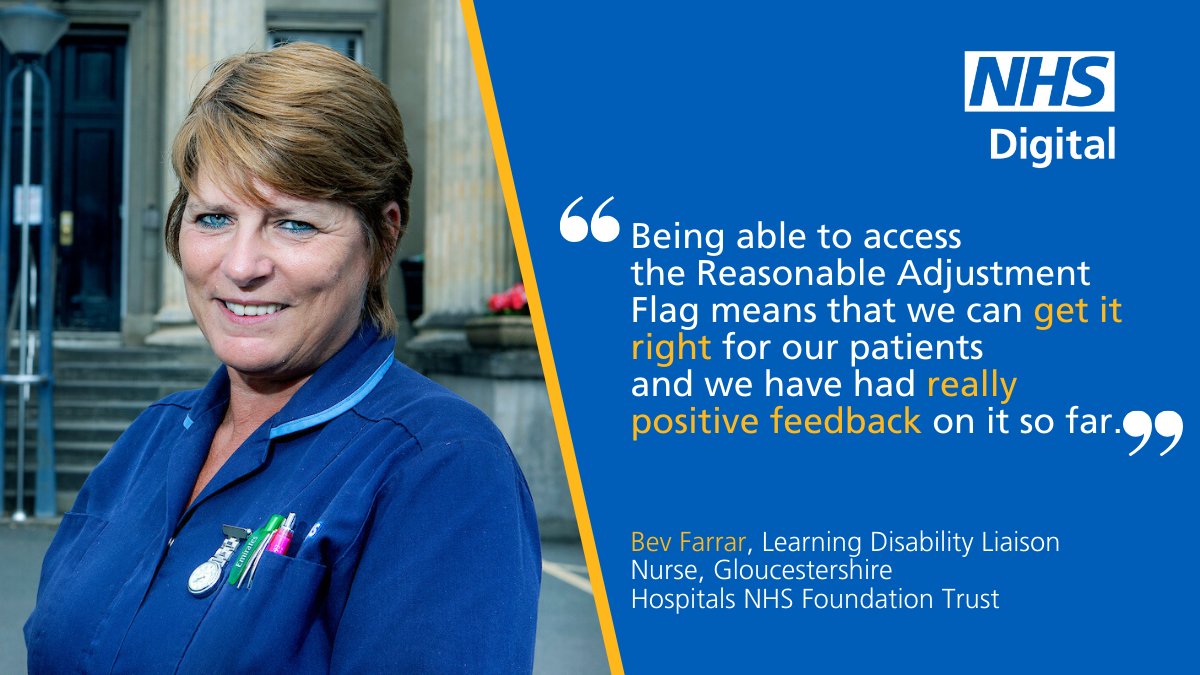
The NHS has implemented the Reasonable Adjustments Digital Flag (RADF) to ensure that patients with disabilities or certain long-term conditions have equal access to healthcare under The Equality Act (2010).
The flag highlights certain adjustments that need to be made for you to easily access our care and other healthcare services. It will also include details of your condition/diagnosis.
Examples where the Reasonable Adjustments Digital Flag would be useful are:
- Patient lip reads (therefore communication should either be face-to-face or written).
- Patient is blind (there communication should be verbal or in brail and not written).
- Patient has a speech impairment (therefore may find written communication easier).
- Patient has dementia (therefore may need to be reminded of appointments the day before/on the day).
- Patient is disabled & requires wheelchair access
This information will be stored on the NHS spine (secure NHS IT system), providing you have consented to this. Therefore, other organisations which have access to the NHS spine will have access to your reasonable adjustment needs. Other organisations could include A+E, hospitals, the ambulance service, pharmacists, and dentists.
WHAT ARE THE BENEFITS OF INFORMING YOUR GP OF ANY REASONABLE ADJUSTMENT?:
- Reduces stress levels for patient/carers (as there is no need to inform of adjustments every time, they access healthcare).
- Allows healthcare to be easily accessible for everyone.
- Screening services can adapt their service to make screening accessible for everyone.
The examples above are not limited & reasonable adjustments extend to many needs, including:
- Vision (blindness or partial sight)
- Hearing (deafness or partial hearing)
- Mobility (difficultly walking short distances or climbing stairs)
- Dexterity (difficulty lifting and carrying objects or using a keyboard)
- Learning/understanding/concentrating difficulties.
- Memory impairments (dementia/Alzheimer’s)
- Mental health (anxiety/agoraphobia)
- Respiratory impairments
- Fatigue (e.g., chronic MS)
- Social or behavioural impairments (Aspergers or ADHD)
Please see the examples below of the type of difficulties that would fall into the category of needing reasonable adjustments:
We would encourage any patient who has any such needs as mentioned above to let us know, and to consent to having the information available to other health organisations so that we can help make your health interactions as easy as possible for you. Please complete the form below:
